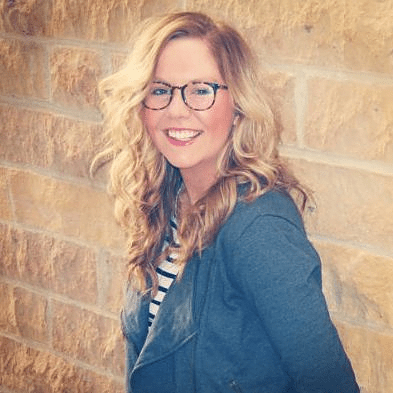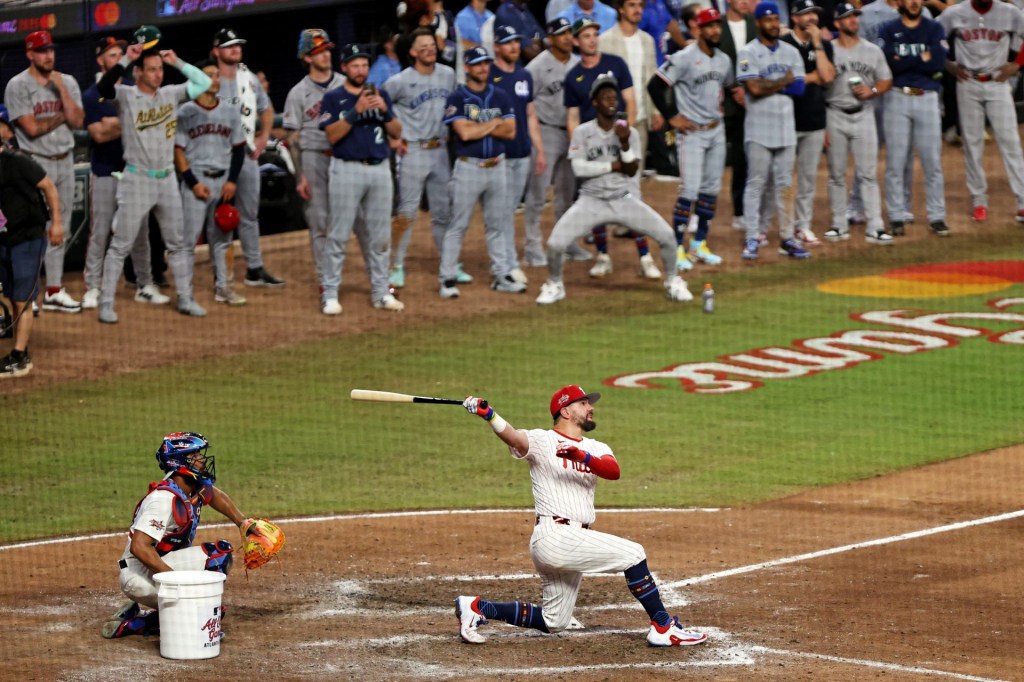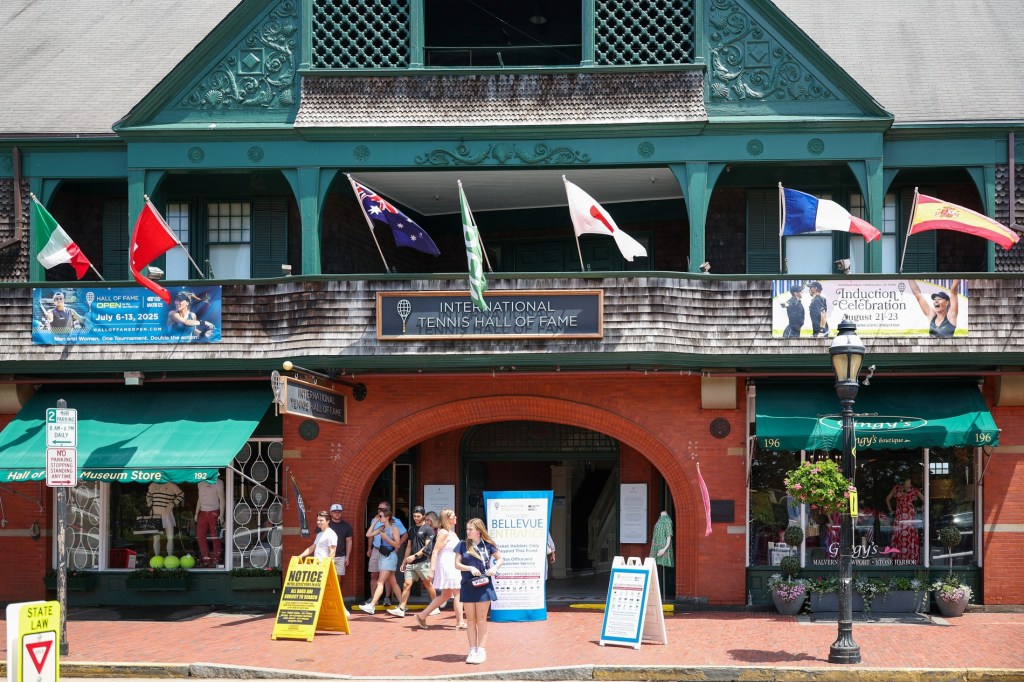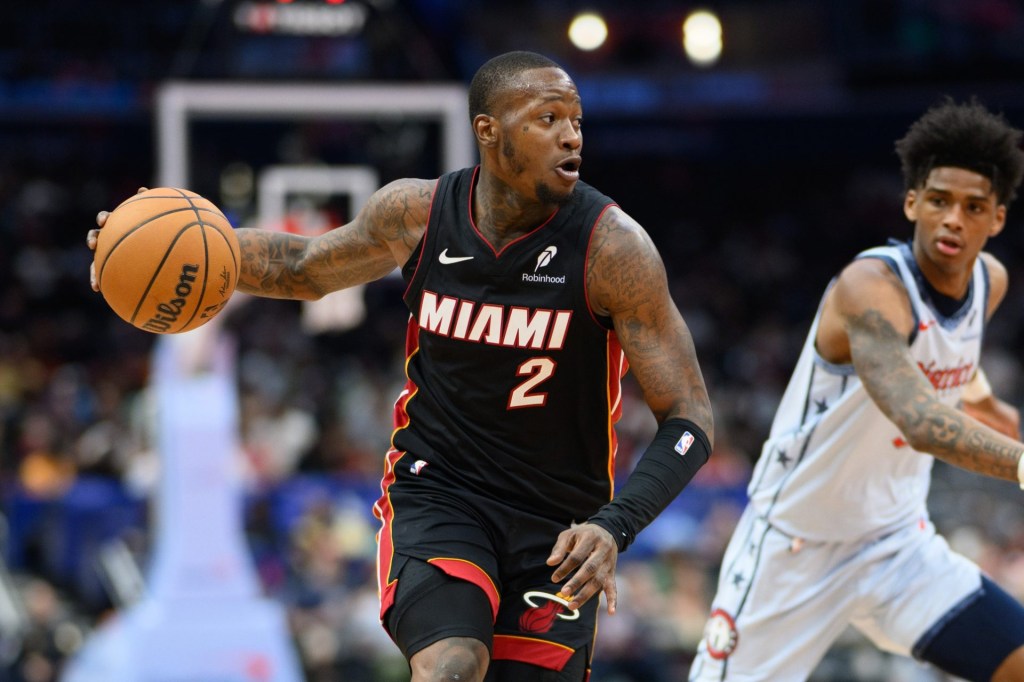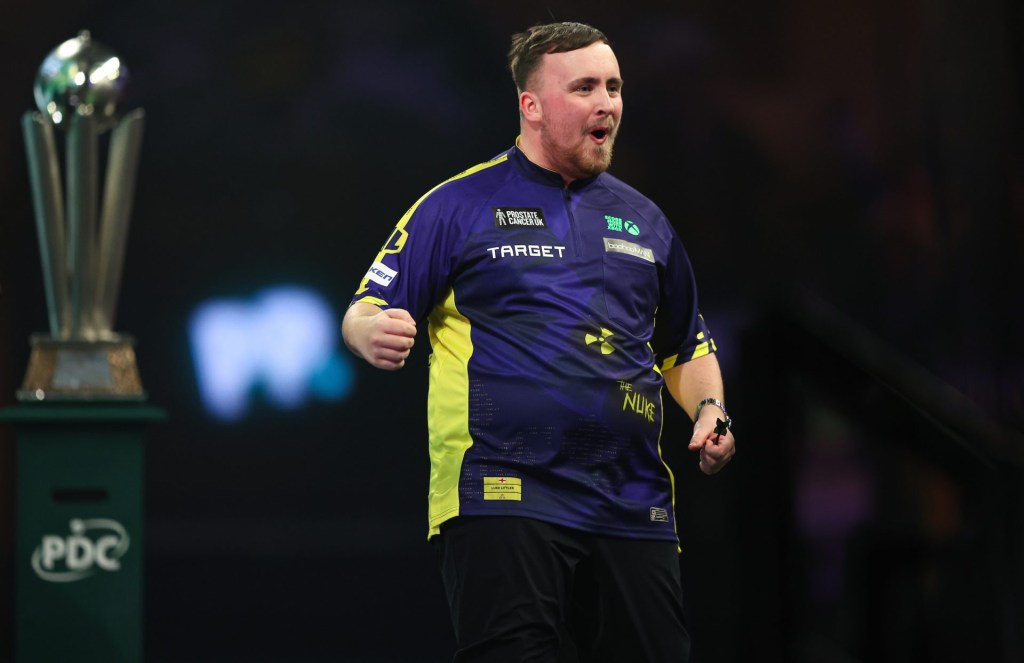By: Jay Stein, @JStein209

Front Office Sports is proud to have sat down with Kayla Gross, Former Community Relations Coordinator with the University of Wisconsin. Ms. Gross started working with the Badgers immediately upon her arrival at the University. Throughout her time working with the University, Ms. Gross designed and instituted the community relations department, “Badgers Give Back,” where she is also responsible for implementation and oversight of the new program and the outreach efforts of 23 varsity sports and over 750 student-athletes. Ms. Gross was more then happy to offer up her time and insight into her journey working in the community relations side of sports business, some of her general thoughts on the competitive landscape in sports business and her suggestions to those beginning their journey working in sports.
How valuable was it for you getting involved early while you were attending the University of Wisconsin and how did that help lead you into the opportunity you’re working today?
I came to Wisconsin, as a freshman, and I was looking for a job and came across an opening to work for the guest services department. I always loved sports growing up; so I thought let’s see how this is working in it, and I learned really quickly that sports is a common thread for a lot of families. When you come to a sporting event you’re coming with people you care about, as a way to create those bonds, and I love that.
In the academic realm, I decided I wanted to get a degree in strategic communications, which is essentially advertising and PR. I was always looking for a way to combine the two; I am a huge Minnesota Twins fan, and I was on their Web site and saw that there was a community relations position; I did some digging and realized that was the thing for me; which was about midway through my sophomore year, and I was fortunate in that I figured that out early.
At Wisconsin, we don’t really have a huge sports market. You have the Badgers, but beyond that there’s not too many community relations opportunities, and at the time the Badgers didn’t have a community relations department at all. So I started doing research on ‘What is Community Relations?’… Now starting my junior year, I sat down with my now supervisor, told him I was doing all this research and showed all of the really great outcomes, and then asked how can we do better?
At that point you, he said all right, go take a stab at it, and now I’m a student with this opportunity to have a hand in building a department. So my junior year of undergrad, which was 2011, we really tried to build the infrastructure and then September 2012, which was the start of my senior year, we unveiled what is now ‘Badgers Give Back’, with me as the Community Relations Coordinator.
How did you manage the heavy workload and responsibility while also attending classes and what were some of the challenges in doing so?
One thing I talk to student groups a lot about is finding balance… and you don’t necessarily know what you’re getting into until you’re there… working full time and trying to run a department, it’s an all consuming task, but really, to me, the primary goal of undergrad is to figure out who you are and explore and find what you’re passionate about and what you’re interested in.
I still caution a lot of students because, while it’s great and it will give you a leg up; you should try to achieve as much balance as you can, and I think carving out enough time to make sure you’re developing yourself as a person is very important.
In terms of managing it, if you get yourself in a situation and it’s an awesome opportunity, and you’re in a mindset that this is what you want to do, and you can handle it; then it really just comes down to time management and dedication more than anything.
Would you recommend students to specifically target an opportunity in sports business, or do you feel it is better to come in with an open mind to get in the door and find your niche from there?
I think there’s merit to both. For me, again, it goes back to balance, and I think ultimately as an undergrad, it comes down to how can you tell your story.
Before I became a community relations intern and then coordinator, I didn’t have a prior community relations internship because there wasn’t one, so I interned at a non-profit, I interned with our foundation, I interned with a traditional P.R. agency… so when I sat down for the position in community relations, I didn’t have the exact background, but I had all these experiences that are relevant.
I also allowed myself to compete in PR and that category, so if community relations didn’t work out at the time, I still had options. If you look at the job market in sports, it’s important to be competent in the field you’re interested in but always have a fall back plan.
I started dabbling in other areas and getting involved in other projects outside of traditional community relations, and it really does develop you and generally make you better. Being a well-rounded human being, more than anything, is the point of college, and if you can strive to do that, I think you will be successful.
Was there anything specific that you feel helped you the most while navigating into sports business?
Number one, I really cannot say enough positive about my university, the support I received from my academic program… the athletic department … giving back has always been a part of our culture, so being able to create within that space was a huge advantage.
Part of that was also building those relationships. Working in guest services for the department of athletics as an undergraduate student you have to work with a lot of different units, so you’re working with event staff, you’re helping out with marketing, so I became aware of what that role was about, and that really helped me become successful. I think it would have been different if I was an unknown coming in, but a lot of the people knew me already and I was able to foster those relationships.
The one thing I stress is that it’s one thing to have a network, but the other thing, being an undergrad, use that to your advantage. For example, I will not turn down a phone call from a student who has a question or wants to learn more. So use that to your advantage; create a strategic network… write down the ten people that you’d like to know, and reach out to them because, number one, now you have the time, once you get a full time job you might not really have the time… and two, you have that student card and you’re trying to find out more.
What do you feel are important qualities people need to have for them to succeed in the sports business industry?
Above all it’s a general understanding of what it actually means to work in the sports industry. From the outside it’s glamorous, it’s fun, but from the inside, you’re not making a ton of money, you’re going to work all the time, it’s high pressure, high stress and there’s not necessarily a ton of room to move up very quickly… So for a young professional, knowing that going in is huge.
In order to make it in sports, you have to dedicate a ton of time and energy, and I would hate for someone to get in, after investing all of that, and not enjoy it. So understanding the lifestyle and planning accordingly, knowing that you can function in that environment is necessary.
The professionals who want to travel or they want more of a life outside of sports, they really struggle with that work life balance, so knowing that you’re a cultural fit for the lifestyle and what you’re getting into may be the biggest thing that I would stress.
If you had to use one word to define the sports business industry; what would that one word be for you and why?
I would say relationship. For me, that’s why I believe in sports, in it’s ability create change in a community, and bring people together with their families and friends when they’re at a game.
The cultural phenomenon that sports is, it comes down to a large relationship building entity, and within sports there is so much collaboration… it’s very much a ‘who you know’ world, so it really comes down to relationships.
FOS would like to thank Kayla for taking the time to share or sports business journey! Since the time of the interview Kayla has accepted a new position as the Beyond Football Coordinator with Oregon State University. Please stay tuned for a follow up article describing Kayla’s transition into her new position with OSU!
You can follow her on Twitter here or connect with her on LinkedIn here!
